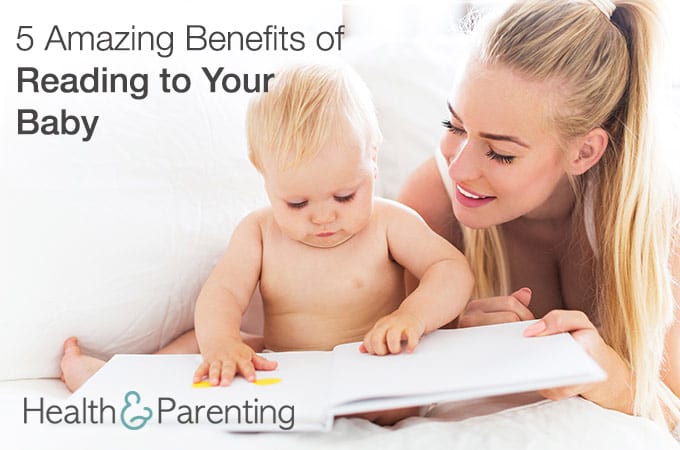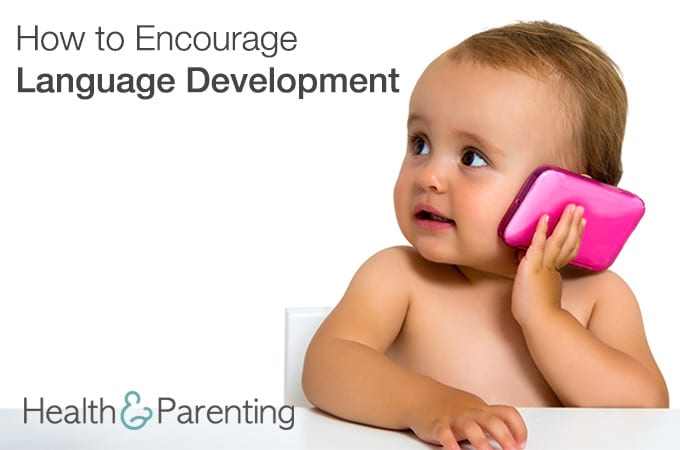It’s never too early to start reading to your baby. Though she may not yet understand the words you say, she will be soothed by the sound of your voice and will enjoy some quiet time snuggled up with you. You might want to start reading the favorites books from your own childhood, or perhaps you were given some children’s books as presents when your baby was born. While your baby is young, you could even read aloud from whatever you’re reading, giving you a chance to enjoy a book too. Here are just five of the reasons you should start reading to your baby:
- Time to bond
Life can be pretty hectic, especially when you have a young baby in the house. You probably find you spend most of the day rushing around changing diapers, trying to get out of the house on time for baby group and trying to stay on top of the laundry. Reading gives you a bit of quiet bonding time to enjoy with your baby. Away from the hustle and bustle of life, you can both relax and enjoy some cuddles whilst enjoying books together.
- Reading encourages language skills
Reading to your baby encourages the development of language skills. She’ll be hearing new words, listening to the way you use your voice and learning more about language. According to reports, more than 1 in 3 US children start kindergarten without the language skills necessary for learning to read. You can give your child some extra help by reading aloud, and it’s never too early to start.
- Reading aids brain development
Reading aloud to young children can help brain development. The American Academy of Pediatrics says, “Reading regularly with young children stimulates optimal patterns of brain development and strengthens parent-child relationships at a critical time in child development, which, in turn, builds language, literacy, and social-emotional skills that last a lifetime”.
- It’s relaxing
Reading is a great way to unwind after a busy day. Many parents use bedtime stories as part of their relaxing bedtime routine. To help your baby prepare to sleep, enjoy some cuddles in bed whilst you read aloud to her. This quiet bonding time won’t just benefit your baby, you’ll enjoy it too. After a busy day of parenting, you’ll benefit from some focused one-to-one bonding time with your baby.
- It gives you something to say
Talking to your baby is the best way to teach her about language and social communication, but that doesn’t mean it comes naturally to every parent. You might find yourself struggling for something to say, after all, the conversation is pretty one-sided at this early stage. Books give you things to say. You can read the story but also point out the pictures and talk more about the issues raised in the book. They’re a great starting point for if you’re struggling to things of things to talk about.
What are your favorite books to read to your baby?
Written by Fiona (@Fiona_Peacock), mother, writer and lover of all things baby related.
This information is not intended to replace the advice of a trained medical doctor. Health & Parenting Ltd disclaims any liability for the decisions you make based on this information, which is provided to you on a general information basis only and not as a substitute for personalized medical advice. All contents copyright © Health & Parenting Ltd 2016. All rights reserved.











